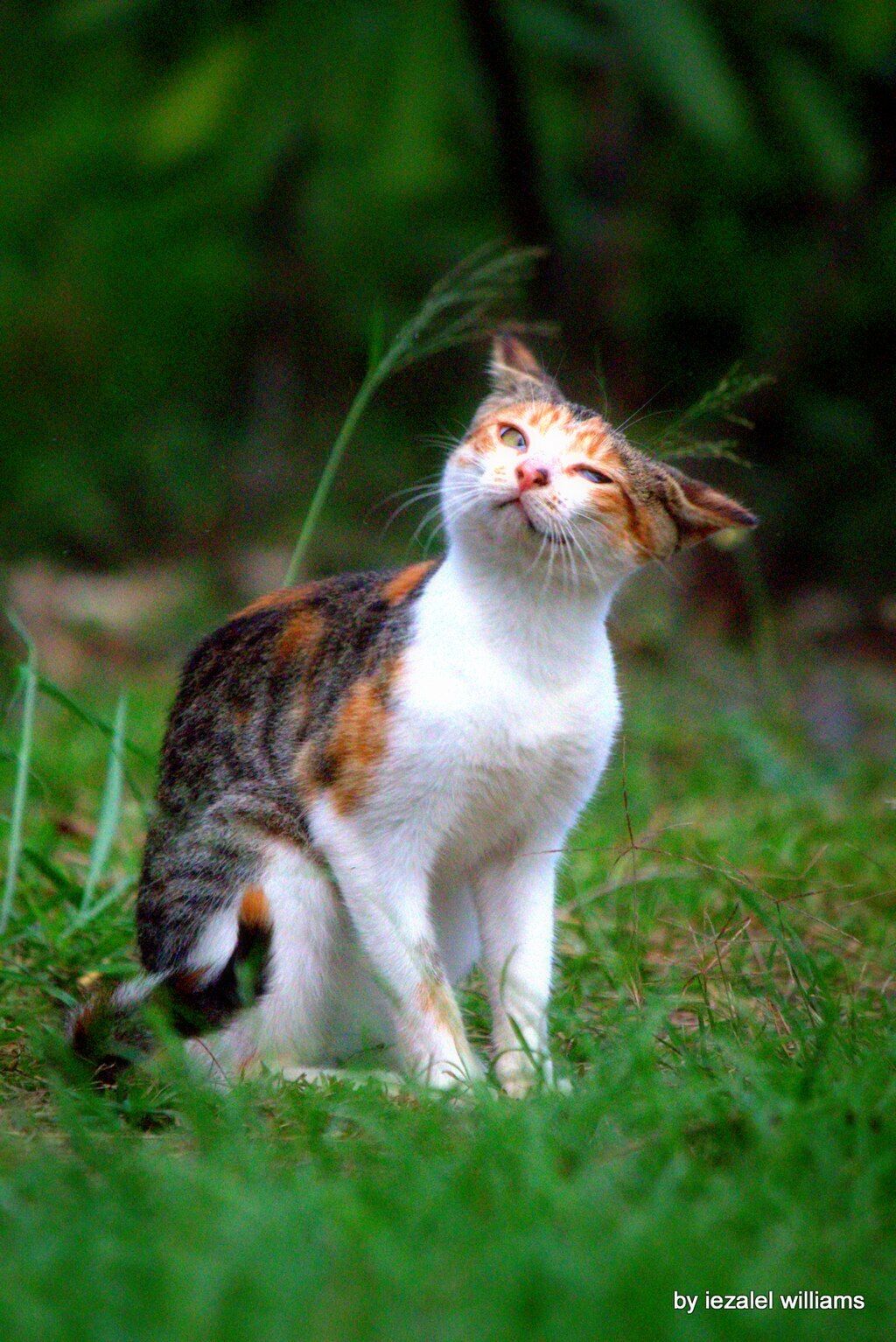
Add [email protected] to your address book so you don’t miss any newsletter issues!
June 17 online event: How to Talk About Gaps in Your Resume
CLICK HERE to learn more and register!
What does it mean to “touch grass,” and do we even have the right to do such “self-care” right now?
Morning Tinto Episode 12: Touching Grass
Recorded today, my friend Heather Luna of keduzi and I discuss the importance of regulating our nervous systems during these times. We point out how it sure is hard to do the work needing doing if we don’t at least get a good night’s sleep, stay hydrated, and eat healthy food. We discuss the privilege involved in caring for ourselves and the importance of working through the guilt that may arise.
Heather and I also discuss the nature of that loaded word “work,” the notion of “honest jobs,” and the importance of grounding ourselves in our values as we navigate doing good in the world while meeting our needs.
Take a listen, subscribe, and hit “REPLY” in your email app to let us know what you think!
Previous Morning Tinto recordings
Episode 1: The Trump Administration and DEI (23 minutes and 59 seconds)
Episode 2: Do not obey in advance. (21 minutes and 16 seconds)
Episode 3: An illiberal intervention (23 minutes and 7 seconds)
Episode 4: Who Are “We, the People”? (19 minutes and 22 seconds)
Episode 5: Off the spectrum? (32 minutes and 1 second)
Episode 6: The mask is off (28 minutes and 58 seconds)
Episode 7: Meeting each other’s needs (33 minutes and 18 seconds)
Episode 8: Survival and community (27 minutes and 6 seconds)
Episode 9: Being relational in resistance (31 minutes and 52 seconds)
Episode 10: Is hoping waiting? (32 minutes and 29 seconds)
Episode 11: Do Human Rights Matter? (30 minutes and 14 seconds)
Where to find the perspectives you’ve been missing
FIRST: Subscribe to the Morning Tinto podcast, where my friend Heather Luna and I use the lenses of oppression and resistance to talk about events that happen right before recording.
SECOND: Subscribe to our professional offers-and-needs networking events announcement list. Heather and I regularly host FREE online events where professionals can offer help (free or paid) and ask other professionals to meet their needs.
THIRD: Follow these awesome folks on LinkedIn:
Heather Luna of keduzi: workshopping pro-connectedness and anti-oppression as a way of life
Lavinia Muth: deconstructing the (un)sustainable fashion industry
Dr. Vidhya Shankar, Ph.D: decentering whiteness in evaluation of non-governmental organization projects
FOURTH: Forward this issue to people you know who are doing decolonial and anti-oppression work.
Got something to say to me?
Hit the “reply” button and give me a piece of your mind.
Image source: File:Don Juan cat serenade IMG 9619.jpg - Wikimedia Commons. (2019, March 29). https://commons.wikimedia.org/wiki/File:Don_Juan_cat_serenade_IMG_9619.jpg. Last accessed May 21, 2025. This file is made available under the Creative Commons CC0 1.0 Universal Public Domain Dedication.
Did someone send you this issue? Subscribe now to receive future newsletters like this.
Know someone who needs to see this issue? Hit the “Forward” button in your email app and send this to them.
My position
My name is Chris Musei-Sequeira, and I use he/him pronouns. My mother was born in Trinidad and Tobago as a descendant of African slaves brought to the islands during the time of European colonization. She came to the United States of America (USA) at the age of 10. My father is Goan and was born in India, in Mumbai, and raised Catholic and English-speaking. He came to the USA for his graduate studies, where he met my mother.
My sister and I were born in the USA and lived a middle-class life in the suburbs of multiple American cities. I studied aeronautical engineering and technology policy in university, then worked at the Federal Aviation Administration and as an aviation consultant. I've lived in cities up and down the USA East Coast since the age of 18; I now reside in Queens, New York with my wife.
I thank Heather Luna and Lavinia Muth for showing me the importance of publicly expressing our positions. Because of our positions, all of us are very familiar with some aspects of the world while having no idea of other aspects. Positionality expresses how our individual positions affect our relationships with other people and with the world as a whole.

